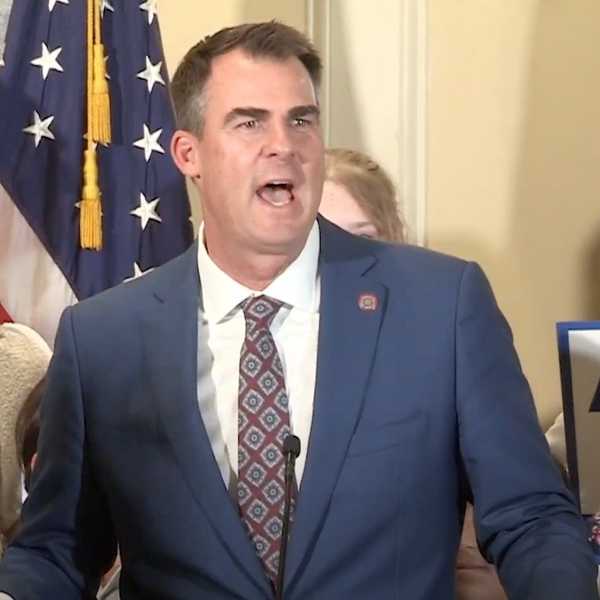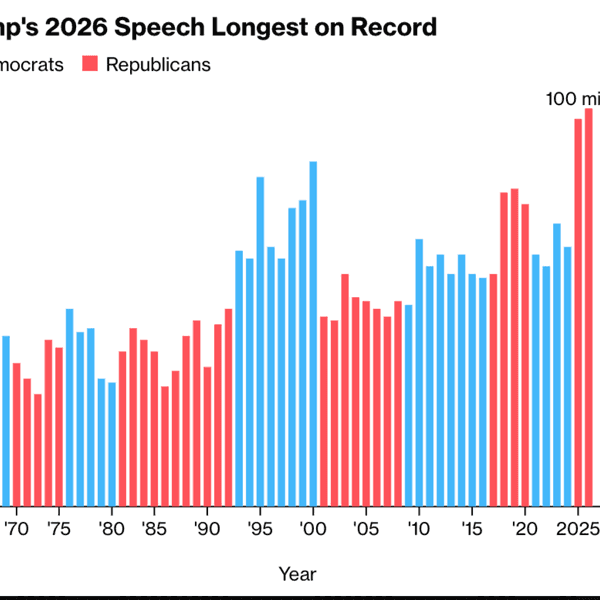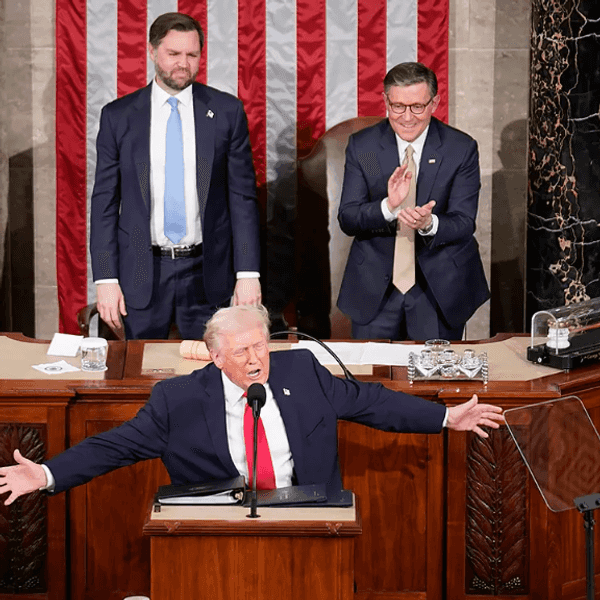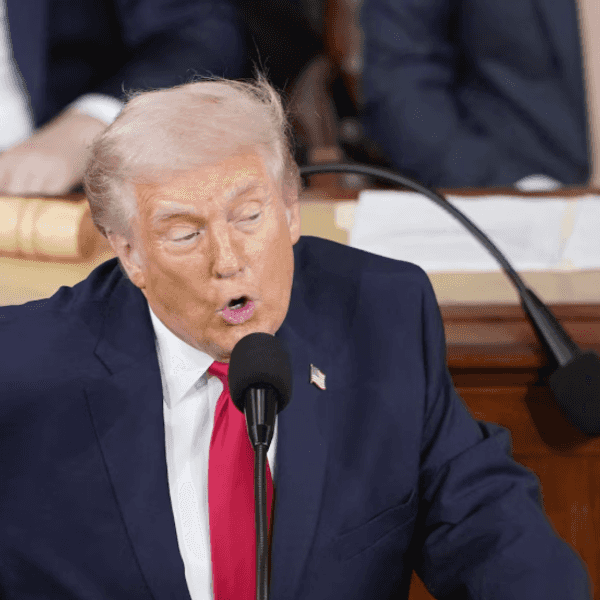PARIS (AFP) – Britain, France and the United States on Monday agreed on the need for a “strong and binding” UN resolution on the transfer of Syria’s chemical weapons to international control.
Kick-starting a week of intense diplomatic activity in the wake of a weekend U.S.-Russia deal on the dismantling of Syria’s deadly arsenal, French President Francois Hollande met here with U.S. Secretary of State John Kerry and British Foreign Minister William Hague.
Aides to Hollande said the three countries were united in their determination to ensure Syrian President Bashar al-Assad complies fully and swiftly with Saturday’s Geneva accord.
“They agreed that the resolution must be strong, robust and set a precise timetable,” a spokesman said.
The Paris talks came ahead of the publication later on Monday of a keenly awaited report by UN inspectors who have been investigating an August 21 chemical attack near Damascus which the Western powers have blamed on the Syrian regime.
The U.S. and Russia agreed in Geneva on Saturday that an ambitious accord aimed at eliminating Syria’s chemical weapons by mid-2014 be encapsulated in a UN Security Council resolution backed up by the threat of unspecified sanctions in the event of non-compliance.
Russia has made it clear it will block any move to include an authorization for the use of military force into the resolution.
The Geneva accord gives Assad a week to hand over details of his chemical weapons stockpiles and calls for inspections of what the U.S. says are some 45 sites linked to the program to be under way by November.
Hollande on Sunday described the deal as an “important step” but “not an end point”, and reiterated his demand that Assad step down to pave the way for a political settlement of a conflict that has left more than 110,000 people dead in little over two years.
The UN inspectors’ report was due to be presented in New York at 11:15am EST by UN Secretary General Ban Ki-moon.
Ban has already revealed that he expects the report to provide “overwhelming” confirmation that chemical arms were used in an attack near Damascus on August 21 in which hundreds died.
Rebels battling Assad fear that the international community’s new focus on the chemical weapons issue will effectively consolidate his grip on power and put moves to provide them with more support on hold.
That impression was reflected in a Syrian minister’s claim that the U.S.-Russia deal was a “victory” for Damascus.
“On one hand, it helps the Syrians emerge from the crisis and on the other it has allowed for averting war against Syria,” Minister of State for National Reconciliation Ali Haidar told Russian news agency Ria Novosti.
China, a veto-wielding permanent member of the Security Council which has helped Russia block previous UN resolutions on Syria, gave its blessing to the Geneva accord on Sunday.
“This agreement will enable tensions in Syria to be eased,” Foreign Minister Wang Yi said.








